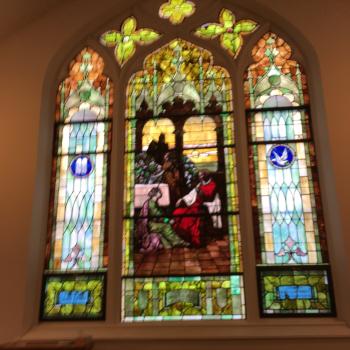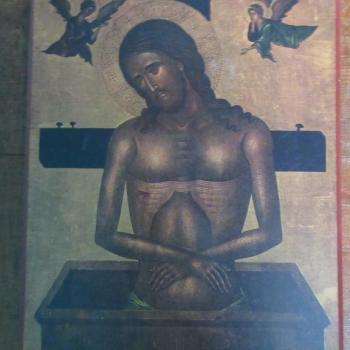Migration is assuming the features of a social emergency, above all because of the increase in illegal migrants which, despite the current restrictions, it seems impossible to halt. Illegal immigration has always existed: it has frequently been tolerated because it promotes a reserve of personnel to draw on as legal migrants gradually move up the social ladder and find stable employment.
[…]
The Church considers the problem of illegal migrants from the standpoint of Christ, who died to gather together the dispersed children of God (cf. Jn 11:52), to rehabilitate the marginalized and to bring close those who are distant, in order to integrate all within a communion that is not based on ethnic, cultural or social membership, but on the common desire to accept God’s word and to seek justice. “God shows no partiality, but in every nation any one who fears him and does what is right is acceptable to him” (Acts 10:34-35).
[…]
Thus it is important to help illegal migrants to complete the necessary administrative papers to obtain a residence permit. Social and charitable institutions can make contact with the authorities in order to seek appropriate, lawful solutions to various cases. This kind of effort should be made especially on behalf of those who, after a long stay, are so deeply rooted in the local society that returning to their country of origin would be tantamount to a form of reverse emigration, with serious consequences particularly for the children.
[…]
In the search for a solution to the problem of migration in general and illegal migrants in particular, the attitude of the host society has an important role to play. In this perspective, it is very important that public opinion be properly informed about the true situation in the migrants’ country of origin, about the tragedies involving them and the possible risks of returning. The poverty and misfortune with which immigrants are stricken are yet another reason for coming generously to their aid.
[…]
It is necessary to guard against the rise of new forms of racism or xenophobic behaviour, which attempt to make these brothers and sisters of ours scapegoats for what may be difficult local situations.
Due to the considerable proportions reached by the illegal migrant phenomenon, legislation in all the countries involved should be brought into harmony, also for a more equitable distribution of the burdens of a balanced solution. It is necessary to avoid recourse to the use of administrative regulations, meant to restrict the criterion of family membership which result in unjustifiably forcing into an illegal situation people whose right to live with their family cannot be denied by any law.
Adequate protection should be guaranteed to those who, although they have fled from their countries for reasons unforeseen by international conventions, could indeed be seriously risking their life were they obliged to return to their homeland.
[…]
In the Church no one is a stranger, and the Church is not foreign to anyone, anywhere. As a sacrament of unity and thus a sign and a binding force for the whole human race, the Church is the place where illegal immigrants are also recognized and accepted as brothers and sisters. It is the task of the various Dioceses actively to ensure that these people, who are obliged to live outside the safety net of civil society, may find a sense of brotherhood in the Christian community.
[…]
“I was a stranger and you welcomed me” (Mt 25:35). It is the Church’s task not only to present constantly the Lord’s teaching of faith but also to indicate its appropriate application to the various situations which the changing times continue to create. Today the illegal migrant comes before us like that “stranger” in whom Jesus asks to be recognized. To welcome him and to show him solidarity is a duty of hospitality and fidelity to Christian identity itself.
–Pope John Paul II–Message for World Migration Day, 1996.












